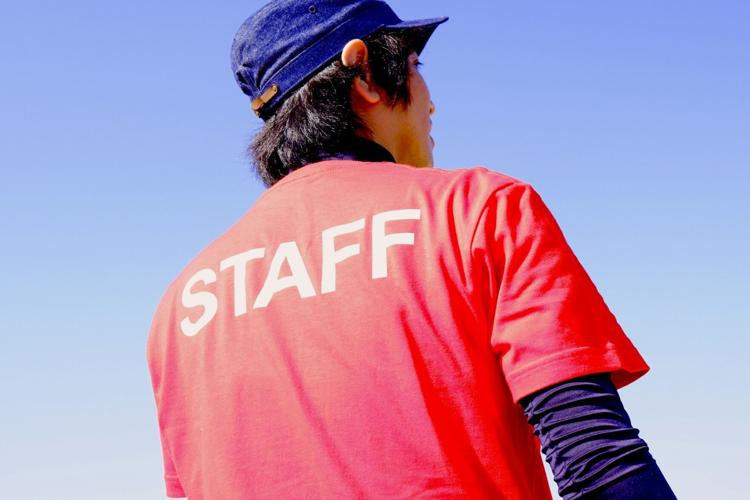
DuoNguyen
By Stephen Beech
Shift workers are more likely to develop kidney stones, with people who work nights most at risk, warns a new study.
Researchers found shifts raise the risk of developing the painful condition by 15% - especially among younger workers and those with low levels of manual labor.
Previous studies have shown that body mass index (BMI), fluid intake, and other lifestyle factors all play key roles contributing to the occurrence of kidney stones, which affect up to one in eight people.
The condition is more common in men than women, and tends to affect people between the ages of 30 and 60.
The new study, published in the journal Mayo Clinic Proceedings, indicates that kidney stone prevention initiatives should extend to shift workers.
Previous research has shown that long-term shift work - identified as an irregular work schedule outside conventional daytime work hours, especially night shift work - can disrupt the natural body clock, affect metabolism and hormone secretion, alter lifestyles, and lead to health issues.
The probability of developing chronic diseases and mental health disorders has been reported to be increased among shift workers.
But the incidence of kidney stones among shift workers had rarely been investigated.

(Photo by EqualStock IN via Pexels)
Using data from more than 220,000 participants from the UK Biobank Study, researchers analysed the association of shift work - including its type, frequency, and duration - with kidney stones over an average follow-up period of 13.7 years.
They also investigated whether various lifestyle habits could explain the relationship.
Study lead investigator Dr. Yin Yang, of Sun Yat-sen University in China, said: “We found that shift work is associated with a higher risk of kidney stone events; an association that is partially mediated by several lifestyle factors, including smoking, sleep, fluid intake, and BMI.
“This is the first population-based cohort study to comprehensively evaluate how various shift work patterns contribute to kidney stone risk."
The researchers also found that participants with a longer history of shift work had a "slightly lower" risk of kidney stones.
They say that suggests a healthy worker effect or adaptation over time, which warrants further investigation.
Mayo Clinic Dr. Felix Knauf, corresponding author of the accompanying editorial, said: “Kidney stones may be silent or cause acute complications, especially pain that may be sufficiently severe so as to necessitate hospitalisation.
“A central effect of shift work is the disruption of circadian rhythms.
"Homeostasis and health are underpinned by physiologic systems, virtually all of which are governed by the biologic clock that dictates the periodicity, tempo, and physiologic effects of circadian rhythms.

(Photo by Ihsan Adityawarman via Pexels)
"This also applies to physiologic systems that regulate water balance and the homeostasis of solutes relevant to kidney stone formation.
"Thus, the observed effect of shift work in promoting kidney stone formation reflects, at least in part, its disruptive effect on circadian rhythms.
"The findings of this study highlight the need to explore initiatives that seek to remediate the risk factors for kidney stones, including greater flexibility in work schedules.”
Dr. Yang added, “Our findings come at a time when the effect of shift work on urological health is an urgent priority globally.
"Supporting healthy lifestyle habits among shift workers could have a meaningful impact on their urological health.
"Workplace health promotion initiatives could integrate educational programs emphasising the importance of weight management, increased fluid intake, healthy sleep habits, reduced sedentary behaviour, and smoking cessation.
"These interventions have the potential to alleviate the adverse effects of shift work on kidney stone formation and improve workers’ health.”























(0) comments
Welcome to the discussion.
Log In
Keep it Clean. Please avoid obscene, vulgar, lewd, racist or sexually-oriented language.
PLEASE TURN OFF YOUR CAPS LOCK.
Don't Threaten. Threats of harming another person will not be tolerated.
Be Truthful. Don't knowingly lie about anyone or anything.
Be Nice. No racism, sexism or any sort of -ism that is degrading to another person.
Be Proactive. Use the 'Report' link on each comment to let us know of abusive posts.
Share with Us. We'd love to hear eyewitness accounts, the history behind an article.